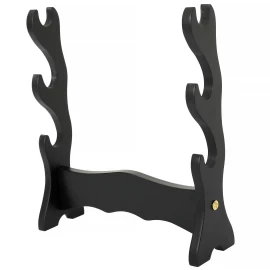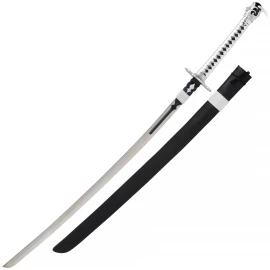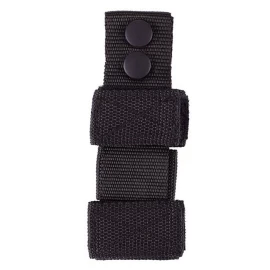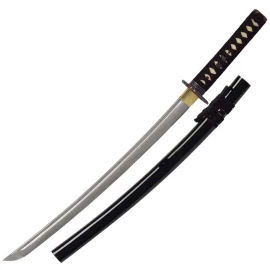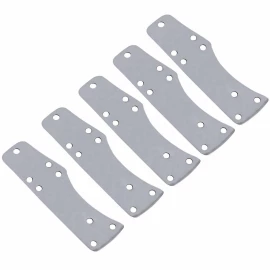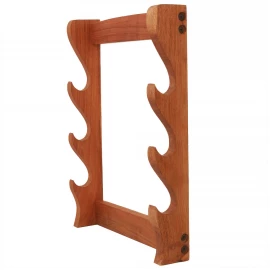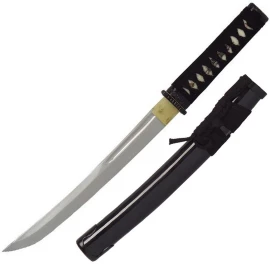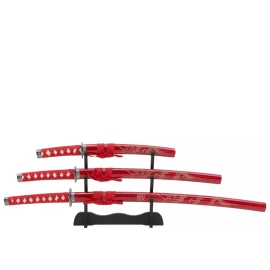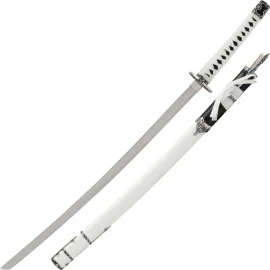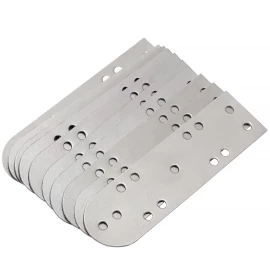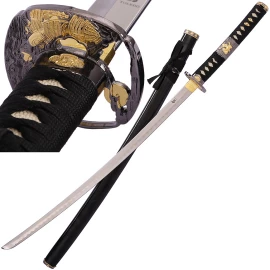Asia, Japan and Samurai
Are fascinated by the traditional Japanese culture? According to its mythology, the Land of the Rising Sun was founded in the 7th century. Discover together with us the mysteries about traditional Japanese weapons, costumes, helmets and other products. Let us look back to the time of brave and loyal samurai warriors and beautiful Japanese geishas.
Filter products
Asia, Japan and Samurai
The Japanese traditional culture is rich. It is said that the perception of the world of us and of the Japanese significantly differs. Reading some Japanese poetry can show you there is something in it. Europeans are also deeply impressed the worship of beautiful Japanese flowering cherries that symbolize the arrival of spring in Japan. We are fascinated by the perfect production of beautiful silks, by the art of tea ceremonies, sushi, origami, classical theatre Noh, the sumo wrestling, karate, judo and aikido, the Japanese bonsai or the sacred Mount Fuji. Sometimes it seems as if the time stopped in Japan. This impression may be also influenced by the that dominant religions there - Shinto and Buddhism.
Samurais were brave Japanese warriors, loyal to their masters. They were trained as young boys honestly and sent to places like cemeteries, haunted ruins and abandoned forests to learn how to deal with the fear. Their honour meant everything for them. No one was allowed to insult them. Otherwise could commit seppuka - a ritual suicide by wakizashi. A samurai who ended up without his master was called ronin. Also he could commit seppuka.
Samurai carried three weapons: katana, wakizashi and tantō. Katana is a Samurai sword, which began to be used in the 15th century. It has a slightly curved, very sharp blade and great cutting power. Wakizashi earlier served as a small sword into the other hand. Katana and wakizashi form a couple called Daishō. Tantō is a small dagger or knife. Tantō could also be used for seppuka. Both Samurai and common people used Tantō for defence. Samurais had weapons attached to belts obi - wrapped around the waist.
Samurai often wore kimonos. Japanese kimonos were produced (and are produced) from soft and pleasant silk. Kimonos always used to be a work of art. Samurai wore Japanese geta or sandals. They used to have tied hair.
We have prepared for you a series of Japanese weapons, armour, costumes and miscellaneous products inspired by the time of old Asia and Japan.

